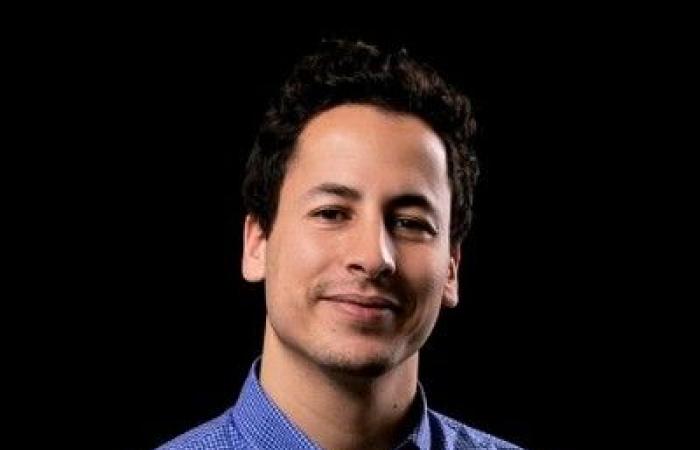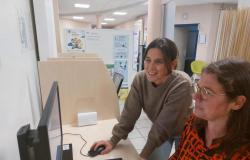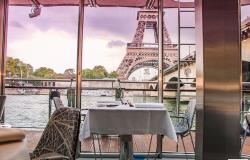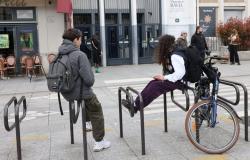Finances News Hebdo: Can you tell us about the creation of Zenika Morocco and the vision that led to its founding?
Abdellah Zeroual : Zenika Morocco was created as part of the international expansion of the Zenika group, a consulting, training and IT development firm, with the opening of an agency in Casablanca. After France, Singapore and Canada, this new location marks Zenika’s presence on a fourth continent, confirming its desire to get closer to competent talents passionate about digital and open source technologies. At the origin of this initiative, Abdellah Zeroual, a young Moroccan graduate in engineering and senior consultant at Zenika Paris since 2015, made the decision to return to Morocco in order to reproduce the experience acquired within Zenika France. Its ambition is to build a team of Moroccan talents, evolving in an environment favorable to their development, their motivation and their well-being, in harmony with Zenika’s corporate culture.
FNH: Why Morocco?
AZ: Morocco is recognized for the quality of its training in digital technologies, it is a real pool of skills! I want to locally duplicate the experience I had at Zenika Paris, by recruiting and offering a framework conducive to the ambitions of local talents. “All the agencies, open in France or internationally, started with meetings with people motivated to carry the Zenika project locally. Abdellah is no exception to the rule! He perfectly embodies the company’s values and, after 6 years, it was obvious to me to entrust him with this entrepreneurial challenge,” adds Carl Azoury, CEO of Zenika Groupe.
FNH: Zenika offers a wide range of services, ranging from consulting to training. How do you determine the specific needs of your customers?
AZ: At Zenika, we determine our clients’ needs through a collaborative discovery phase, including discussions, audits and workshops. This approach allows us to identify their specific objectives and challenges, to then offer tailor-made solutions in consulting, training or deployment of adapted technologies. Daily, we co-build their products with our clients, from the prototype, POC, MVP phases to industrial-scale projects, using specific proven approaches. We put our experience and expertise at their disposal in order to help them in their strategic orientations by adopting the best postures: coaching, technical expertise, facilitation, consulting, audit, etc. In a world where applications have taken power, Zenika helps its clients accelerate their transformation towards the all-digital era. We adopt a modern approach based on Agile, Lean startup, Crasmanship and Continuous delivery practices for the creation of innovative software and applications that validate their concepts and materialize their ideas, while guaranteeing very high code quality. Companies, including Zenika, must constantly innovate to face new business, technological and organizational challenges. Training plays a key role in strengthening our customers’ ability to deliver the products their own customers expect. Zenika Training is a training center recognized for its expertise in open source technologies and agile methods. Every year, we train more than 3,000 people around the world, with a catalog of more than 100 training courses, of which 41 are official and 11 certifying.
FNH: What are the main sources of financing for Zenika Maroc? Have you recently raised funds?
AZ: Zenika Morocco is mainly financed by the Zenika group. All our profits are reinvested to strengthen our local presence, develop new services and support our teams, in order to ensure sustainable growth.
FNH: The notion of eco-responsibility seems to occupy a major place in Zenika’s DNA. What specific actions have you implemented to reduce your environmental impact?
AZ: Among our main actions, I cite: • Carrying out carbon assessments since 2019 to identify priority areas of action. • First measure: change towards green electricity producers (in France). • Extension of the lifespan of our IT equipment, integration of an internal second-hand cycle, choice of eco-designed computers, and donations or resales of equipment to employees. • Encouragement of daily travel with a low carbon footprint, with compensation for bicycle journeys. • Promotion of business travel by train, with carbon compensation for flights. • Raising awareness and training teams in digital eco-design to integrate sustainable practices into our businesses and the products created for our customers.






